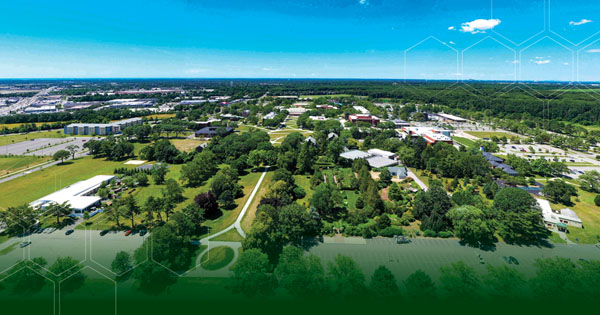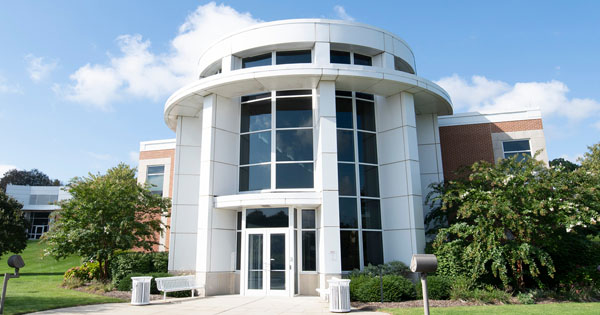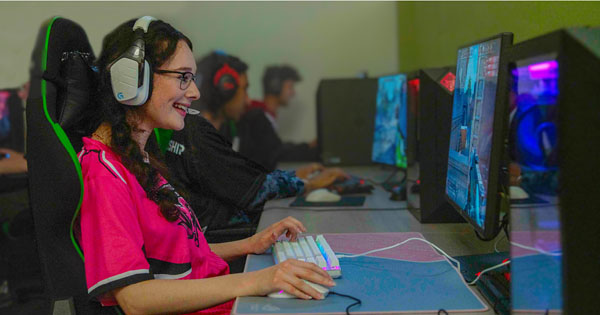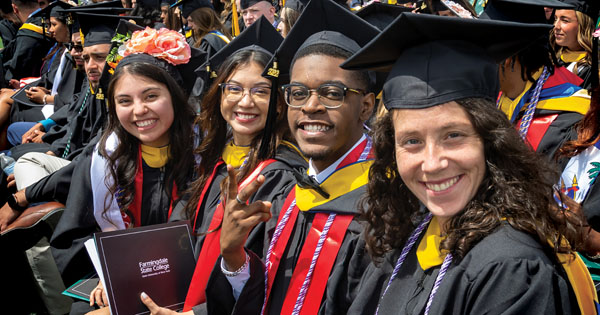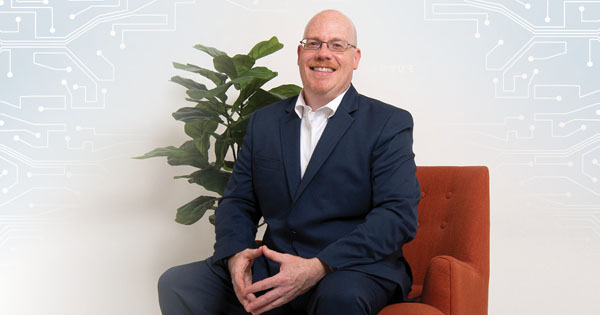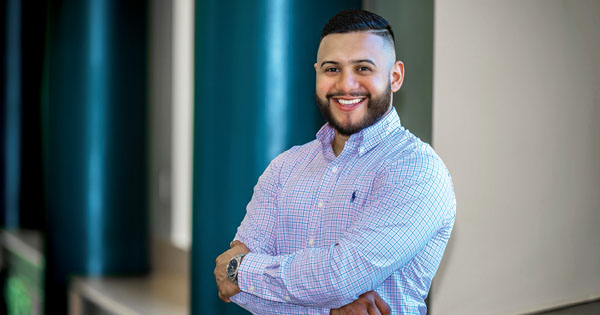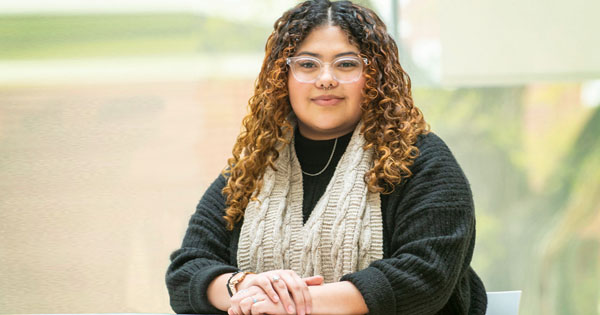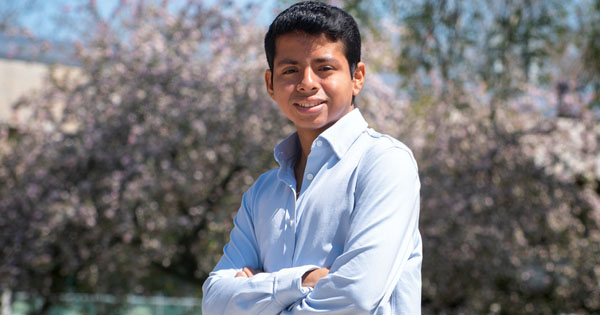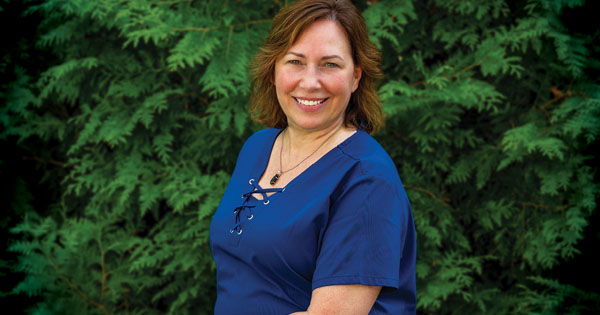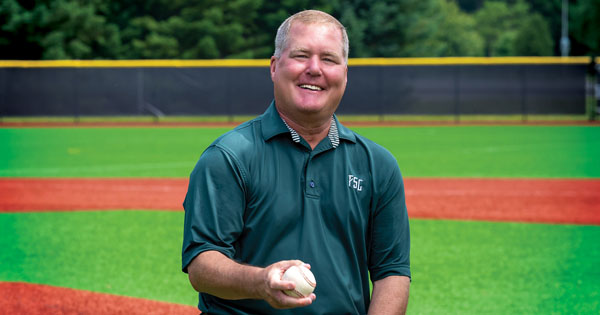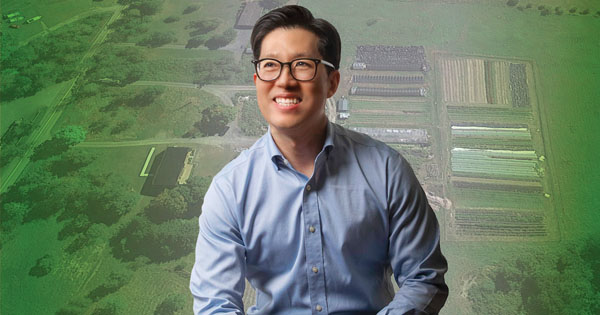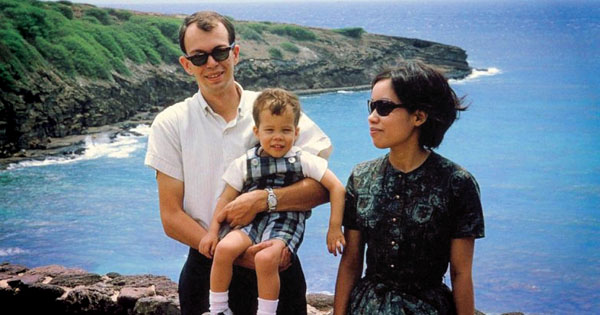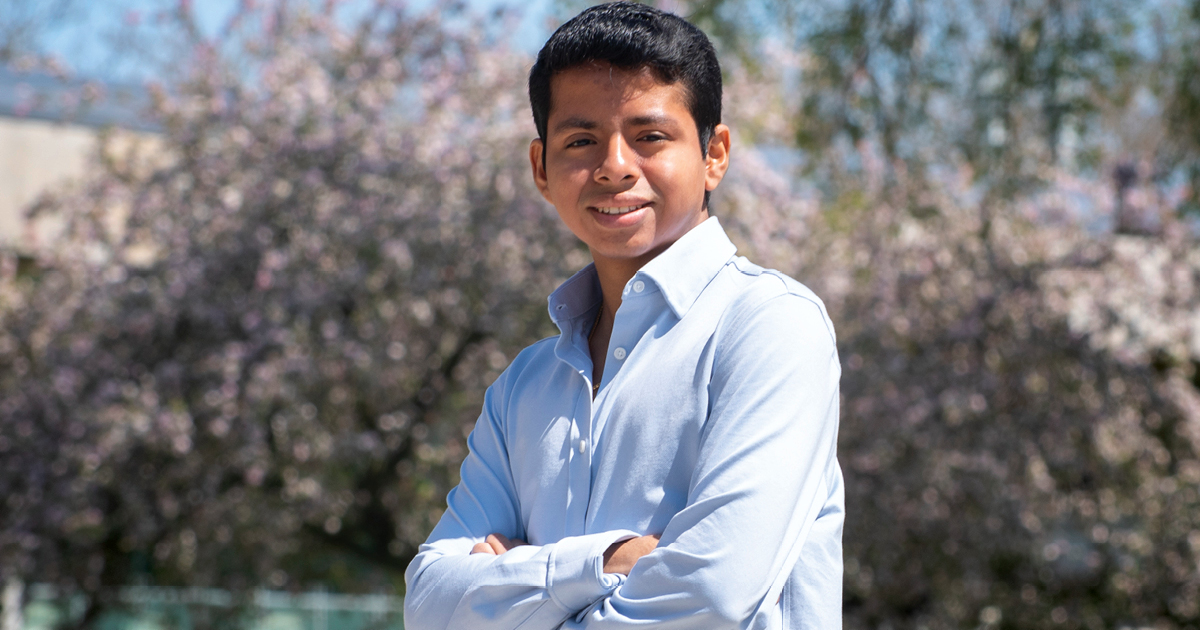When Cesar Hernandez was a child in El Salvador he was diagnosed with sickle cell disease, which forced him to spend weeks at a time in a hospital, where he often talked with other patients struggling with their chronic illnesses.
“As a sickle cell patient during that time, I had an early introduction into the world of medicine,” said Hernandez. “I had interactions with patients with chronic conditions and I was always curious about how physical health affected mental health. And the interest stayed with me.”
Not only did the interest remain with him, it expanded and intensified to the point where Hernandez’s neuroscience research on campus and at other labs earned him a Fulbright Award, one of the most prestigious scholarships in the world. In August he is off to Copenhagen, Denmark, for a year to study the pathology behind mental health and how the brain processes illness.
Hernandez plans to research how genetic mutations in the Danish population affect the functioning of the nervous system, leading to psychiatric diseases. He will be working in a research lab at the University of Copenhagen. When he returns to the United States, Hernandez plans to enroll in a doctoral program for neuroscience.
This is actually his second Fulbright Award. He was selected for the Fulbright-MITACS Globalink Program to conduct advanced research at a Canadian university, but opted to do in-person research at the University of Alabama instead.
Hernandez spent hours in labs as a student at FSC, conducting research as an Applied Psychology major and Biology minor as well as working with mentors. “My favorite part of being in the lab is learning new techniques to apply to different research topics and exploring different areas of science,” he said.
FSC faculty and other mentors have nothing but praise for Hernandez. “This is such a great thing for him,” said Lisa M. Cullington, PhD, Associate Director of the Research Aligned Mentorship (RAM) program, in which Hernandez participated, and FSC’s Fulbright Program Advisor. “He has a really strong research mindset. He really understands how to comprehend a topic and move it along.”
“I was immediately impressed by the questions he asked and his critical thinking skills,” added Dr. N. Sumru Bayin, PhD, group leader at the Gurdon Institute at the University of Cambridge. She worked with Hernandez when she was affiliated with Memorial Sloan Kettering Cancer Center. Hernandez also can identify important knowledge gaps in the field, she added.
Hernandez’s illness may have spurred his passion for research, but he rarely mentioned it, said Dr. Erwin Cabrera, Director of the RAM Program and faculty member in biology, who mentored Hernandez.
“I took Cesar on as a mentee during the pandemic, because I wanted to establish his theoretical knowledge,” said Cabrera. "Hernandez is driven to understand the pathology behind mental health and how the brain processes illness," he added. “He is trying to connect the psychology with biology. He is a first-generation American and he wants to do well for himself and his family. Research is knowledge-seeking. He is hungry for it.”
After completing his PhD, Hernandez said, his goal is to continue doing research in academia or for the biomedical industry. “I started doing research to try to help other people,” he said. “I know what it’s like to live your life hoping some scientist finds a cure for your disorder. I want to do my part.”



